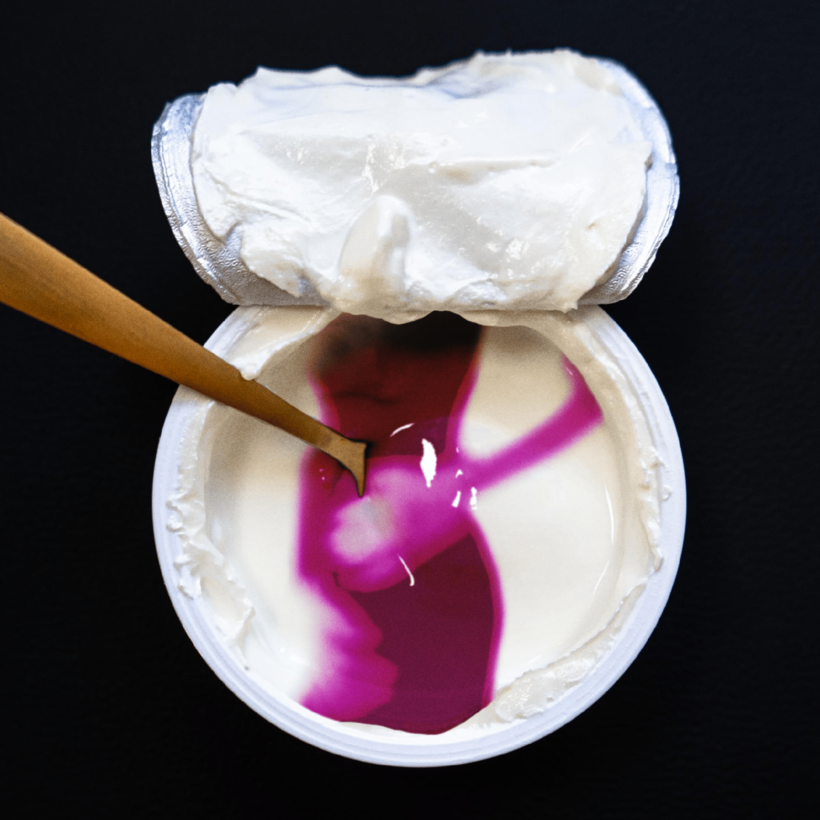The gut biome is the ecosystem of bacteria, fungi and viruses that lives in our digestive tract and has a powerful effect on our immune system, energy and mood. Could it therefore have a significant effect on our workout performance?
Drew Price, a nutrition consultant and doctoral researcher at Reading University, points to studies that show mice with normal amounts of bacteria in their gut biomes have a third more energy than those with lower amounts. “There’s growing evidence that protecting the gut microbiome boosts the physical processes that underpin our fitness,” he says. This is how to keep your gut and body fit and firing.



